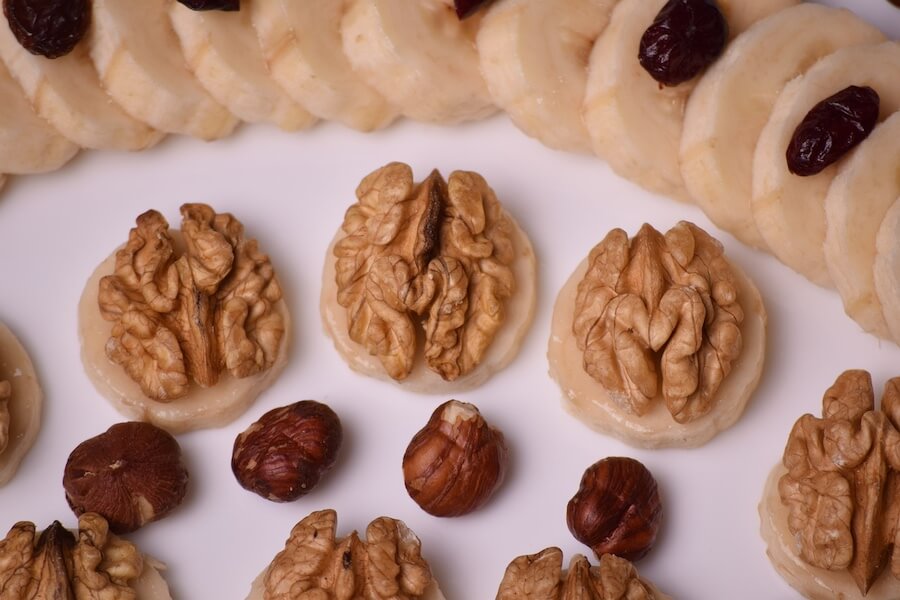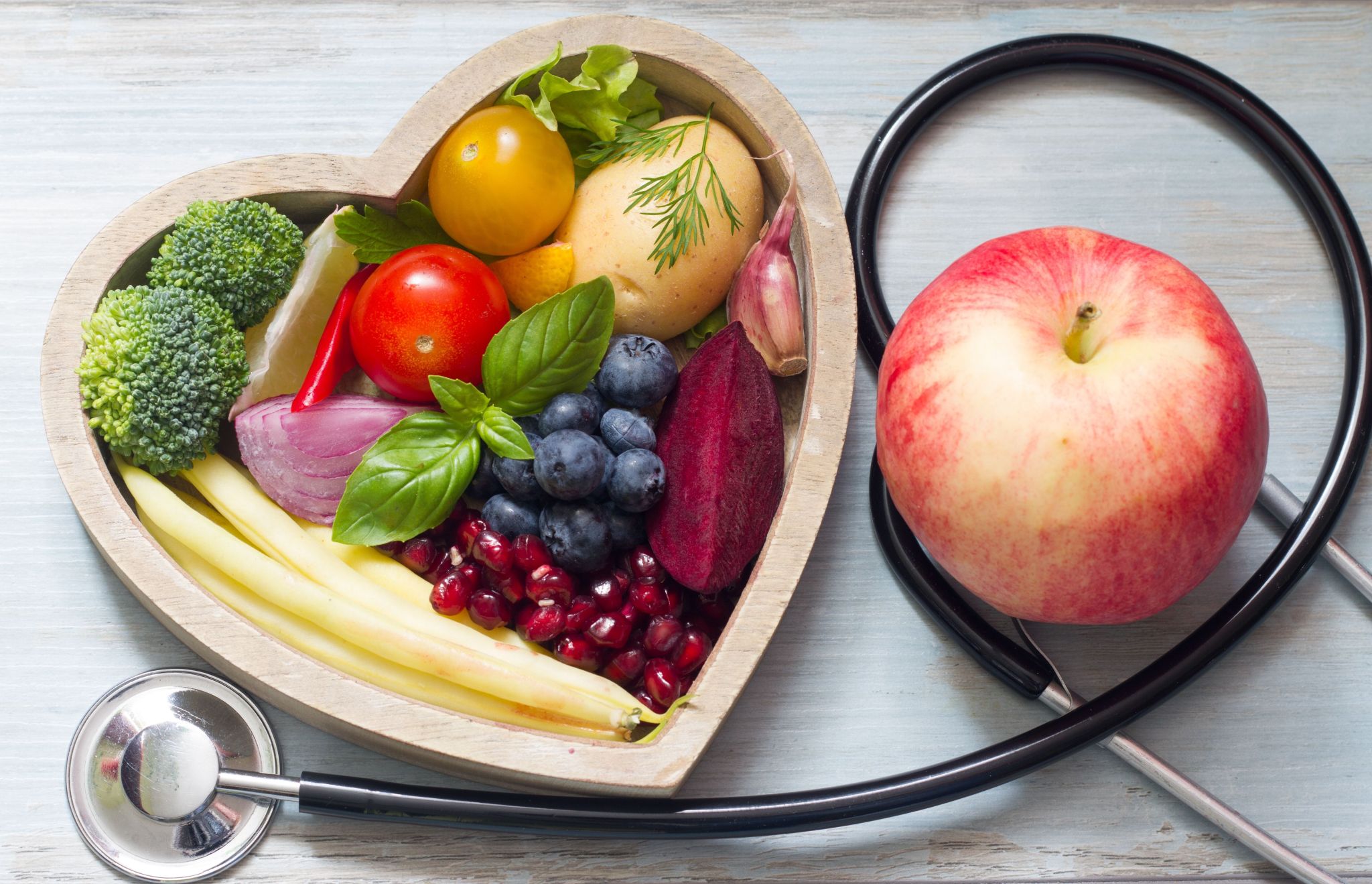Our lifestyle habits have been proven to affect cardiovascular health, and now we’re revealing which foods have beneficial effects on the heart and blood vessels, according to new scientific research.
Green Onions
The nutrients and vitamins in green onions that contribute to overall health and cardiovascular health are phosphorus, magnesium, folic acid, calcium and antioxidants.
Onions are a rich source of vitamin C and vitamins B complex such as B1, B2, and B3. Vitamin C helps lower high cholesterol and blood pressure in the body, thereby reducing the risk of heart disease. Green onions are rich in quercetin, a type of flavonoid which, according to studies helps lower blood pressure and bad cholesterol. Potassium from green onions also helps lower blood pressure.
Additionally, flavonoids in green onions help increase HDL, or “good” cholesterol.
The presence of antioxidants in green onions helps prevent DNA damage and tissue damage by inhibiting the action of free radicals.
If you suffer from gastritis or have a sensitive stomach, you can eat green onions, but only in small quantities.
Bananas
Potassium is a mineral vital for heart health, especially for regulating blood pressure. Despite its importance, few people get enough potassium through their diet. Bananas are an excellent source of potassium. In medium-sized fruit (126 grams) there is 10% of the daily potassium needs. A potassium-rich diet can help lower blood pressure. Moreover, according to older research and studies (1) (2), people who consume a lot of potassium have up to a 27% lower risk of heart disease. Bananas also contain magnesium, another mineral important for heart health. Magnesium deficiency may be associated with an increased risk of heart disease, high blood pressure, and high blood lipid levels.
If you have problems with high blood pressure and lipids, come for an examination at the PULS Cardiology Center, where you can check the health of your heart and blood vessels in one place in a short time.
Walnuts
Walnuts are a rich source of omega-3 fatty acids, which have been shown to have beneficial effects on cardiovascular health.
Researchers at the University of Minnesota found that people who consume walnuts have a lower risk of heart disease than those who do not eat this fruit. You should consume six whole walnuts daily. Researchers also concluded that people who eat walnuts tend to eat healthier and gain less weight. This study was recently published in the journal “Nutrition, Metabolism & Cardiovascular Diseases”.
Beans and lentils
Beans and lentils are foods rich in soluble fiber, which binds to cholesterol and removes bad fats from the body. A serving of beans can reduce LDL cholesterol levels by 5%, according to a Canadian study. (3)
Of course, these foods should be prepared with as little salt as possible and without the addition of processed meat, which contributes to higher levels of bad cholesterol.
Celery
Celery has been used for a long time in traditional Chinese medicine to help regulate high blood pressure. In recent years, Western medicine has confirmed the benefits of this vegetable, which is abundant in the summer.
Doctors from the Cardiovascular Medicine Department at the Cleveland Clinic (4) have found that consuming fresh celery helps lower blood pressure. Celery contains phytochemicals called phthalides, which contribute to relaxing the walls of arteries, allowing better blood flow, and reducing pressure. The salt content in celery stalks is low, and by consuming them, you also intake fiber, magnesium, and potassium, which also help regulate blood pressure.
Doctors recommend eating about four chopped celery stalks a day – roughly one cup.
References
1. Geri Piazza, 2017, How too little potassium may contribute to cardiovascular disease, https://www.nih.gov/news-events/nih-research-matters/how-too-little-potassium-may-contribute-cardiovascular-disease
2. Mark C Houston, 2011, The importance of potassium in managing hypertension, PMID: 21403995 DOI: 10.1007/s11906-011-0197-8, PubMed, https://pubmed.ncbi.nlm.nih.gov/21403995/
3. Peer-Reviewed Pulbication, 2014, Beans, peas, lentils can significantly reduce ‘bad cholesterol’ and risk of heart disease, Canadian Medical Association Journal, https://www.eurekalert.org/news-releases/630746
4. 2020, Celery May Help Bring Your High Blood Pressure Down https://health.clevelandclinic.org/celery-may-help-bring-your-high-blood-pressure-down




